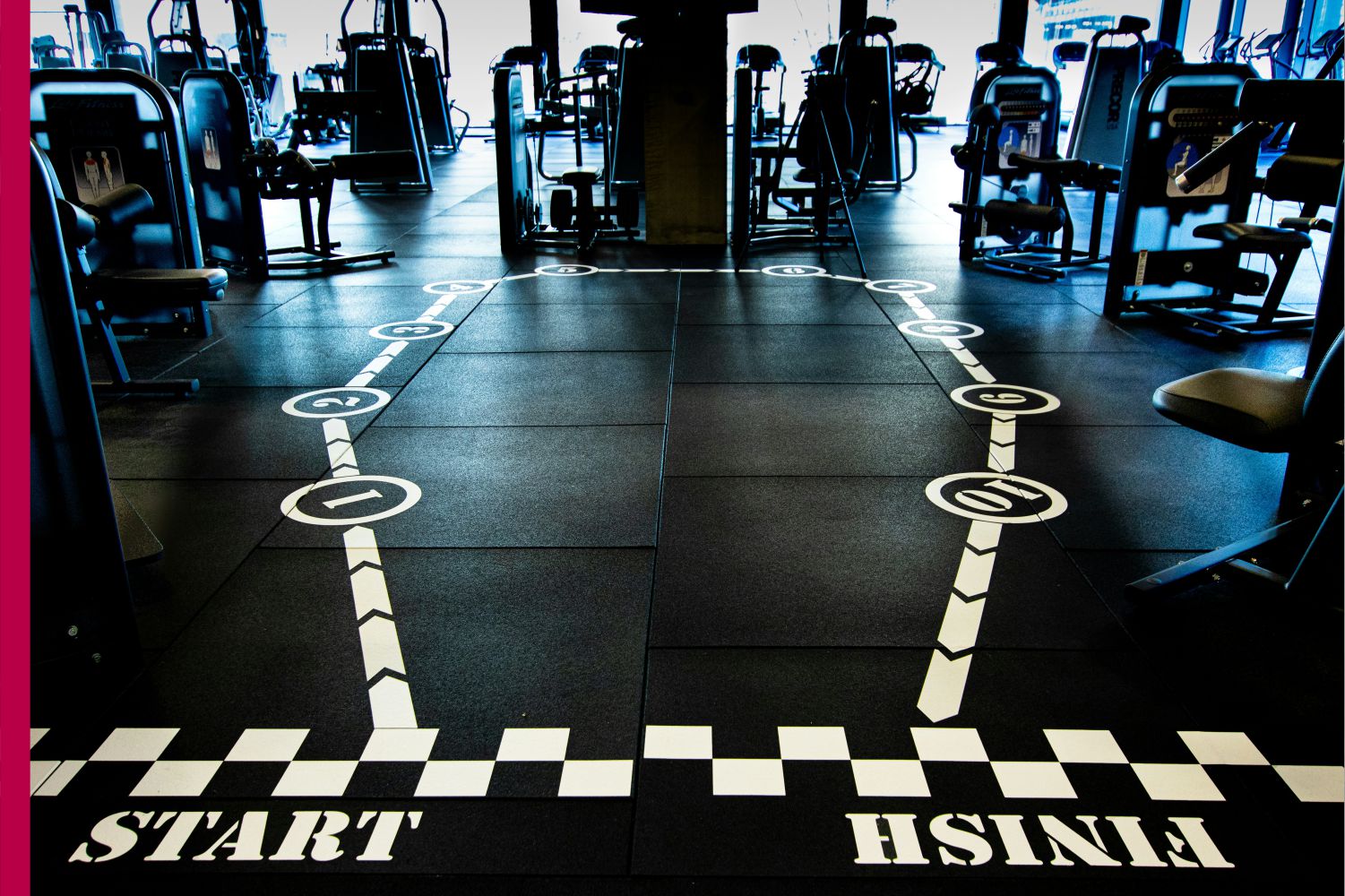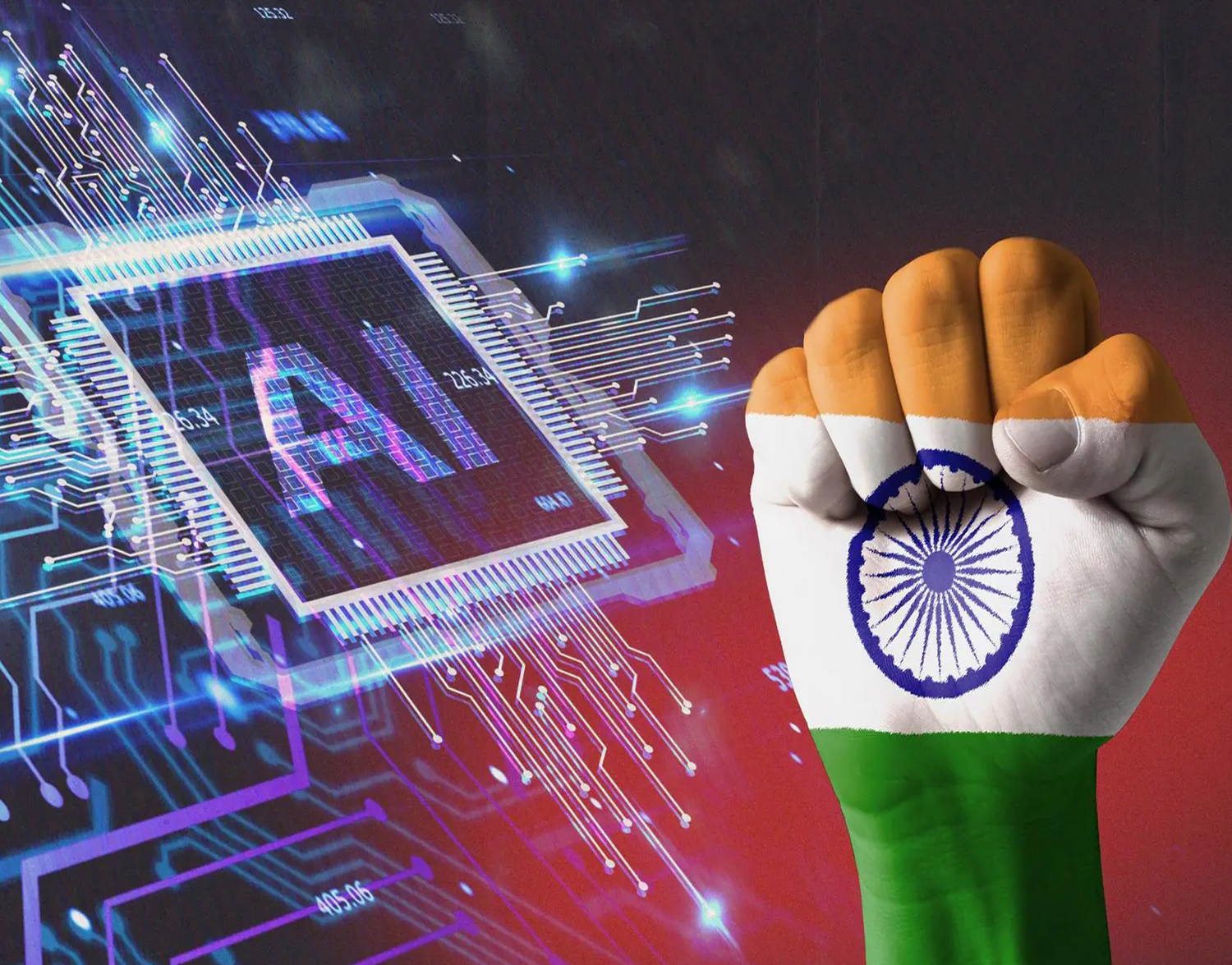Education and training are the cornerstones of individual growth and societal progress. They are no longer confined to the traditional classroom, but have evolved into a lifelong journey of learning and skill development. In an era of rapid technological change and shifting economies, the ability to learn, unlearn, and relearn has become the most valuable skill of all. The purpose of education is not just to accumulate knowledge, but to cultivate critical thinking, creativity, and the adaptability to navigate an uncertain future.
From Traditional Classrooms to Digital Learning: A Paradigm Shift
For centuries, education followed a relatively static model: a teacher imparting knowledge to students in a physical classroom. While this model remains important, it has been fundamentally disrupted by the digital revolution.
- Online Learning (E-learning): The rise of platforms like Coursera, edX, and Khan Academy has democratized access to education. Anyone with an internet connection can now learn from top universities and experts around the world, often for free. This has made education more flexible and accessible, allowing individuals to learn at their own pace and on their own schedule.
- Blended Learning: This approach combines the best of both worlds, integrating online digital media with traditional face-to-face classroom methods. It allows for personalized instruction, where students can work independently on certain topics and then engage in deeper discussions and collaborative projects in person.
- Gamification and Microlearning: To increase engagement, educators are incorporating elements of games into learning. Gamification uses points, badges, and leaderboards to motivate learners. Microlearning delivers content in short, bite-sized modules, making it easier to absorb and retain information, particularly for busy professionals.
The Role of Technology: AI, VR, and Personalized Learning
- Artificial Intelligence (AI): AI is enabling personalized learning paths. AI-powered tutors can assess a student’s strengths and weaknesses and then recommend a customized curriculum. This ensures that each student receives the support they need to succeed, whether they are struggling with a concept or ready for advanced material.
- Virtual and Augmented Reality (VR/AR): VR and AR are creating immersive and interactive learning environments. Medical students can practice complex surgeries in a virtual operating room, engineers can explore a 3D model of a building they are designing, and history students can walk through ancient Rome, all from the comfort of their classroom.
- Learning Management Systems (LMS): Platforms like Moodle and Canvas centralize course content, assignments, and communication, making it easier for educators to manage their classes and for students to stay organized.

The Importance of Lifelong Learning and Professional Training
In a world where new technologies emerge and industries are disrupted at an unprecedented pace, a single college degree is no longer enough to guarantee a successful career. Lifelong learning has become a necessity.
- Upskilling and Reskilling: As jobs evolve, workers must upskill to acquire new knowledge and stay competitive in their current roles. For those whose jobs are at risk of automation, reskilling to enter a new field is essential. Companies are recognizing this and are investing in corporate training programs to ensure their workforce has the skills needed for the future.
- Certifications and Digital Badges: In a move away from traditional degrees, micro-credentials, certifications, and digital badges are becoming increasingly valuable. They offer a quick, flexible way to demonstrate proficiency in a specific skill, such as data analysis or project management.
- Training and Development in the Workplace: Effective corporate training is not just about compliance; it’s a strategic investment in human capital. From leadership development programs to technical skills training, companies that prioritize employee learning see higher productivity, better employee retention, and a stronger competitive advantage.
The Future: Human-Centered Learning and The Skills of Tomorrow
As technology automates routine tasks, the demand for uniquely human skills will only increase. The future of education and training must focus on cultivating these essential abilities:
- Critical Thinking and Problem-Solving: The ability to analyze complex information and find innovative solutions is a skill that AI cannot replicate.
- Creativity and Innovation: The capacity to think outside the box and create new ideas is crucial for driving progress.
- Emotional Intelligence (EQ): The ability to understand and manage one’s own emotions, and to empathize with others, is essential for effective collaboration and leadership.
- Adaptability and Resilience: The ability to navigate change and bounce back from setbacks is a key to thriving in an unpredictable world.
The journey of education and training is a continuous loop of learning and application. It is a powerful force that empowers individuals to unlock their full potential and enables societies to build a brighter, more innovative future. The classroom may have changed, but the fundamental mission—to empower minds and build a better world—remains the same.












